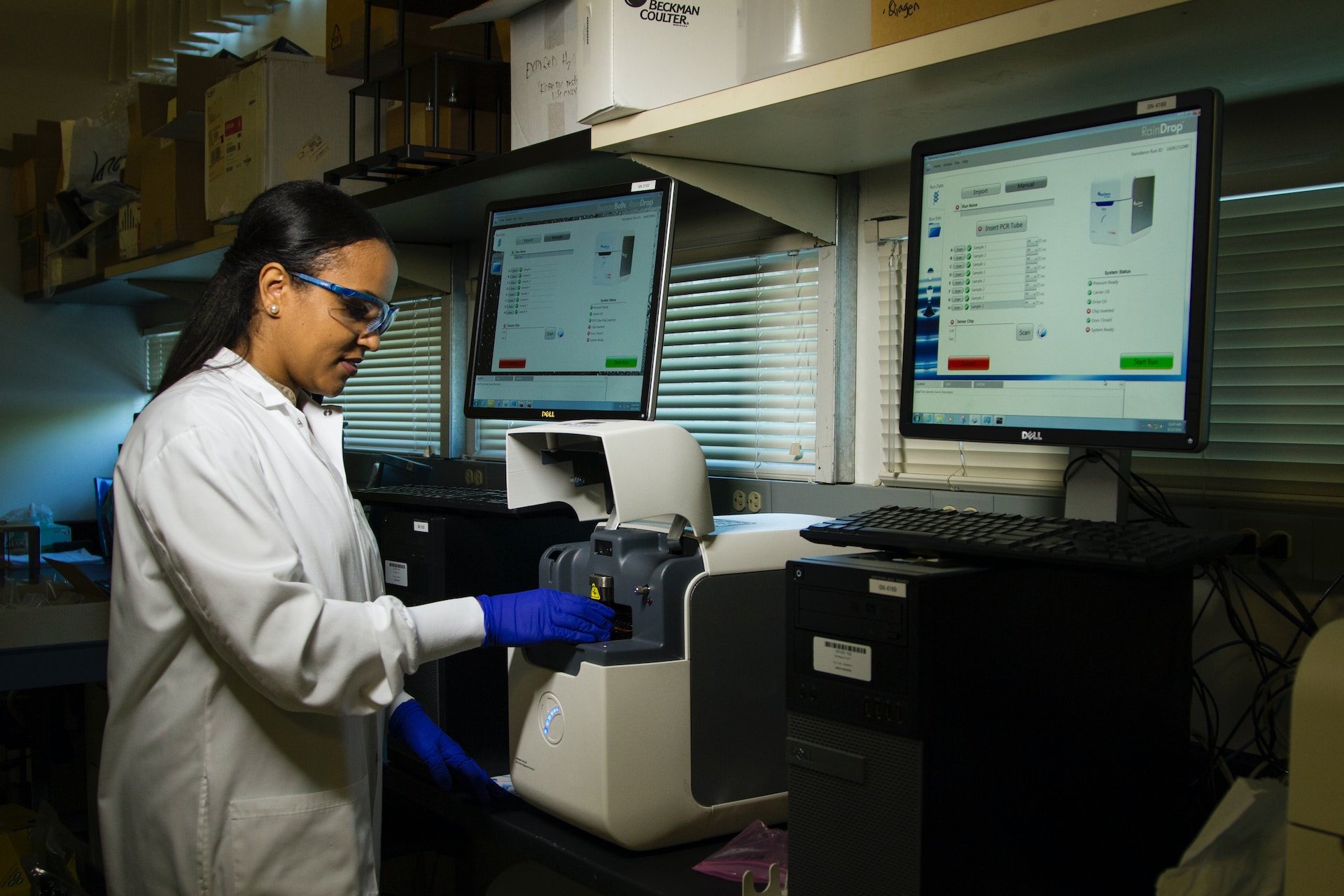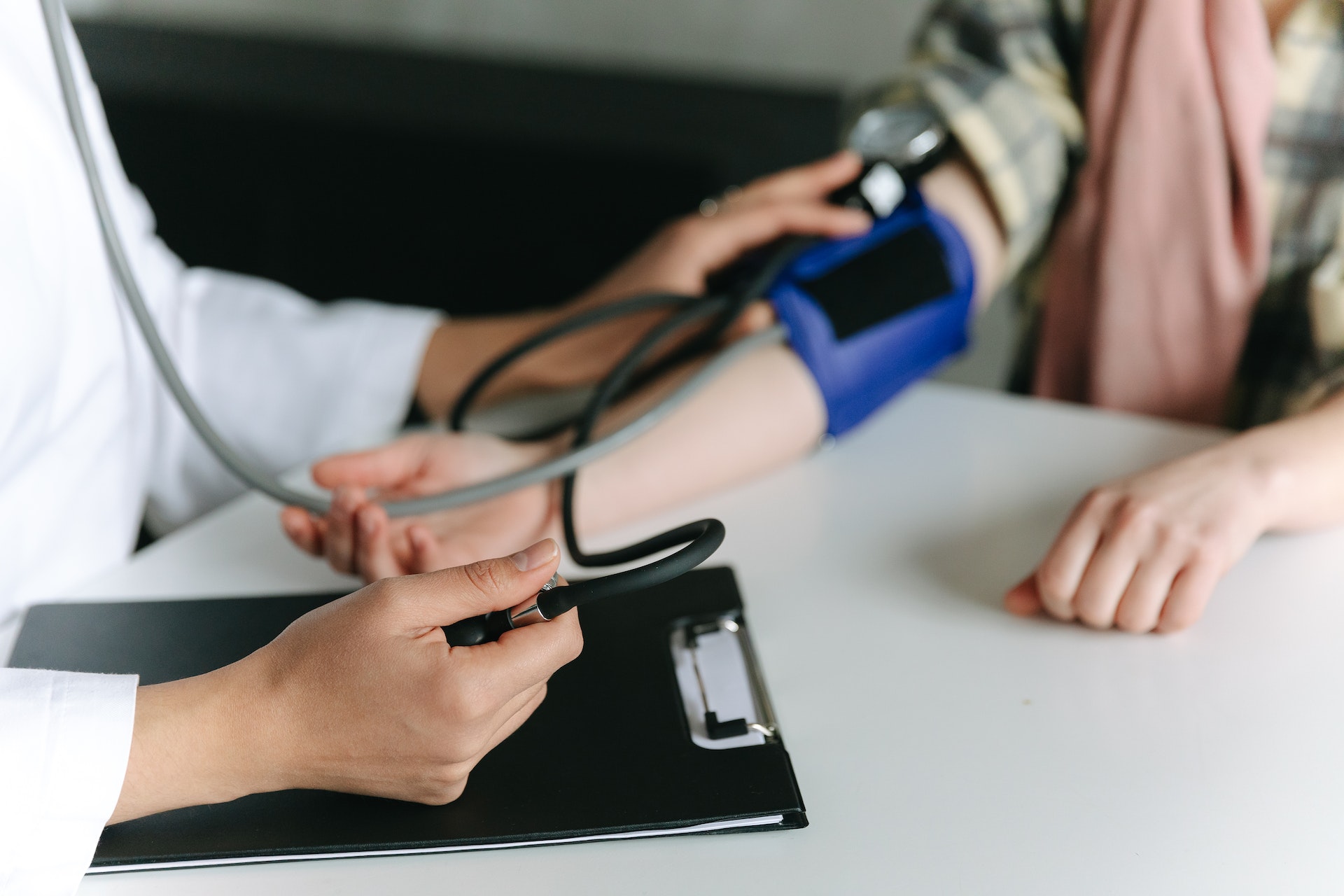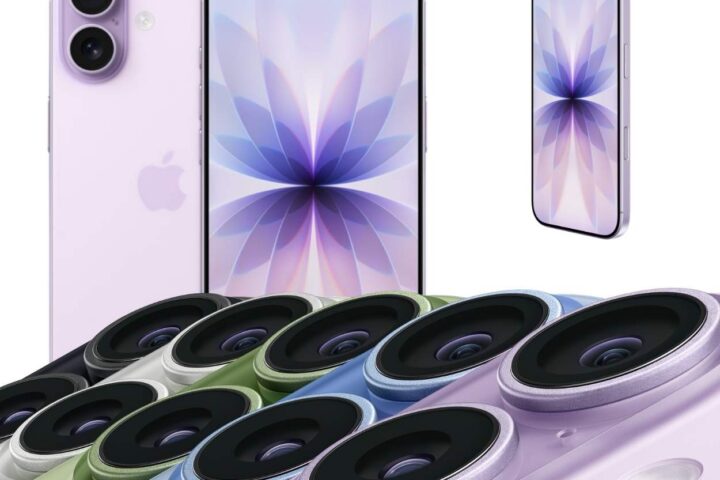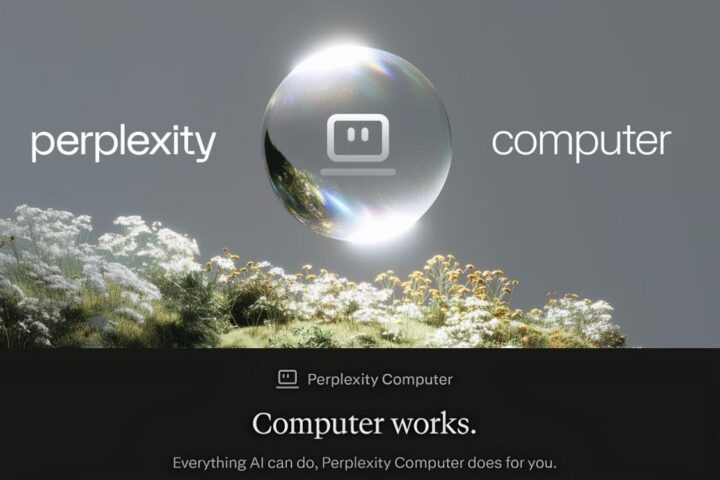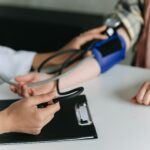The healthcare industry has seen tremendous changes in technologies designed to support the medical sector in improving its services. From remote monitoring to VoIP features, digital therapeutics, and enhanced technology for mental health, the healthcare industry can continuously upscale its approach when treating its patients.
With such exciting developments in medical technologies, healthcare practitioners are integrating such tools into their everyday practices. This allows them to provide quality primary care while spending more time with their patients. Integrating medical technologies is often the most cost-effective solution too!
Keep reading to find out the best medical technologies evolving in the healthcare industry, and be sure to incorporate them into your services.
1. Artificial Intelligence – Evaluating Patient Data
Artificial intelligence (AI) continues to be the talk of the day, and its advancement in medical technology can’t go ignored. Using machine intelligence, AI can be used to analyze huge amounts of patient data and information, giving physicians more detail to work with.
Such information can be used to make diagnoses while determining the right treatment plan and medication. Together with AI information and their findings, the physician will be able to make a final decision that supports the patient’s healing and recovery process.
2. Remote Patient Monitoring – Supporting Treatment Plans
Providing a treatment plan for their patients is one thing, but keeping track of their progress remotely makes it easier for medical doctors to monitor recovery. Remote patient monitoring (RPM) has many benefits, including:
- Quicker response times
- Reduced traveling time for the patient
- Better patient outcomes
- Cost reductions for both patients and medical practice
RPM is being used successfully to monitor the patient’s heart rate, blood pressure, weight, and blood sugar without them needing to go to the doctor’s office or lab.
3. VoIP Technology – Improving Communications
Medical doctors, hospitals, and other healthcare facilities are seeing the huge benefits of VoIP technology, including improved communications and reduced costs. Advanced VoIP systems introduce features such as enhanced sound quality, better communication lines, and business tools to improve medical services to patients.
Some of the best VoIP solutions for hospitals include:
- Integrative mobile app: This allows medical staff to receive and make calls from their smartphones while supporting patients when away from their desks.
- Unlimited video and audio conference calls: With access to these features, it’s easier for medical personnel to collaborate and work together as a team.
- Multiple 3rd-party app integrations: Streamlined connection to various systems used in a medical practice which allows doctors to access patient details when taking a call outside of the office.
- Easy call routing and transfers: An essential feature that ensures every call is answered and professionally handled by the appropriate medical staff member.
VoIP technologies allow doctors and other medical practitioners to receive important calls from colleagues and patients while away from the hospital. With such reliable communication systems, your medical practitioner can stay on top of what’s happening with their patients no matter where they are.
4. Digital Therapeutics – Taking Care of Mental Health
Chronic mental health conditions require ongoing treatment and care by physicians. This includes monitoring changed behavior in patients, evaluation, education, and medication adjustments. While essential for overall patient well-being, such care is time-consuming and costly.
The introduction of digital therapeutics in the medical industry has changed the way physicians can offer quality support to their patients undergoing treatment for mental health conditions. Using such digital tools allows the physician to maintain the patient’s ongoing mental health treatment in between appointments while ensuring overall wellness.
Patients can access this software through their smartphones or computers, with their information being relayed back to the physician, allowing for fast response time or intervention if needed. Digital therapeutics can also be used to support patients battling diabetes, cancer, anxiety, musculoskeletal-associated pain, migraines, asthma, ADHD, and substance abuse.
5. 5-G Enabled Medical Devices – Reliable Real-Time Connection
The healthcare industry is embracing web-enabled sensors to monitor patients, capture data, and assess ongoing treatment plans. But to get the full benefits of using these smart medical devices, they need a reliable real-time 5-G internet connection. With virtually zero latency, a lightning-fast 5-G internet connection allows enabled medical devices to relay vital information instantaneously.
The main advantage of this technology is that medical practitioners can respond almost immediately, improving patient outcomes. A reliable and speedy internet connection allows for real-time results that can prompt the necessary medical aid without delay.
Technologies are changing the healthcare landscape with smart-enabled medical devices meeting the industry’s modern paradigm of the 4 P’s – prediction, personalization, preventative, and participatory. 5-G is revolutionizing how business is done, and it’s no different for the healthcare industry.
Final Thoughts
Medical technologies are evolving rapidly, and new developments allow the healthcare industry to continuously provide quality patient care. Keeping up with the latest technological advancements is essential if you want your medical practice to offer premium healthcare services to your patients.
Integrating our five best medical technologies into your hospital or healthcare practice will ensure your team can do their job properly while providing optimal patient care at all times.

